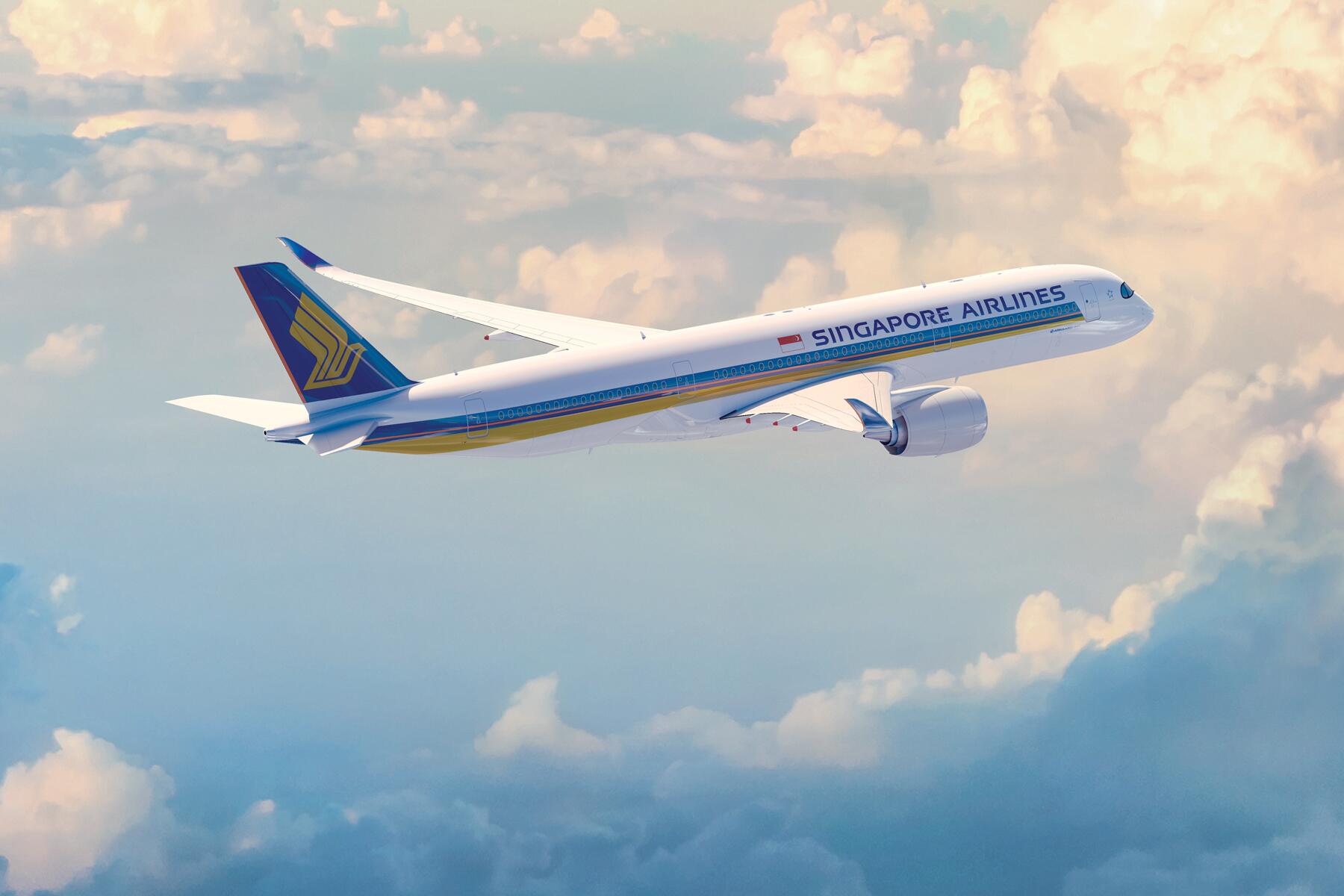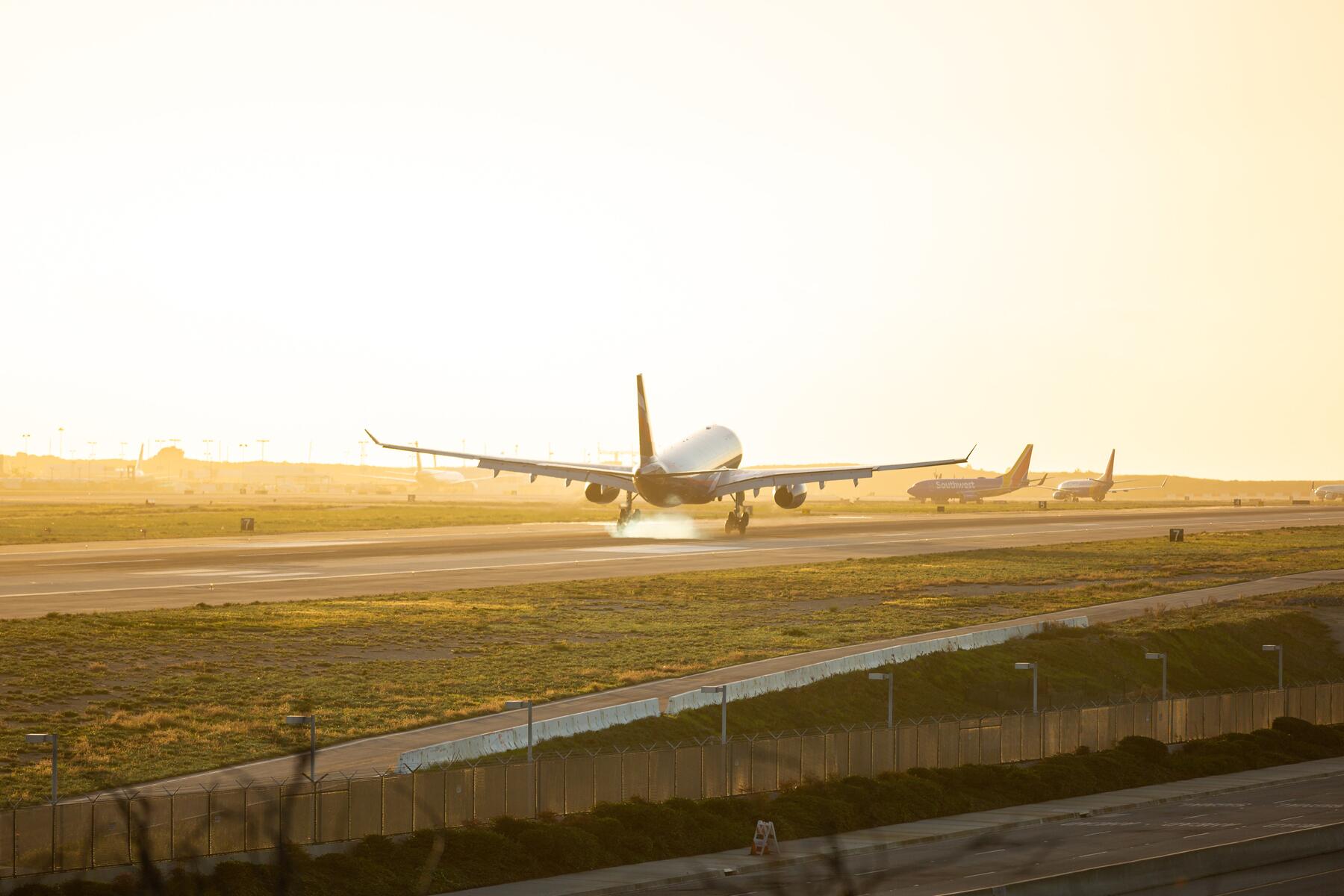Sorry, but yes.
Earlier this month, an EasyJet pilot made an announcement to passengers on a flight from Lanzarote to Liverpool. He offered $544 to passengers who would volunteer to get off. The plane was too heavy, the runway too short, and the winds unfavorable, he said. Nineteen passengers chose to fly on a later flight and the aircraft departed soon after.
Weight issues on flights happen more often than passengers realize, and they sometimes make headlines. In June this year, a flight was delayed by more than 16 hours due to the aircraft breaching the maximum flight weight. In 2019, five passengers were shown the door on a Loganair flight.
Airlines don’t want such disruptions. Not only do they have to make embarrassing announcements when this happens, they need to make hard decisions on who to boot if they can’t cajole passengers to volunteer. These situations delay flights because along with the passengers, their luggage has to be deplaned as well. And due to social media, there’s a whole cycle of internet notoriety, backlash, and apology.
However sometimes, it can’t be helped.
Related: 5 Major Ways Airline Customer Service Has Changed Forever
A Balancing Act
Flying is an accurate science. You can study aerodynamics to understand how it works, but here’s a quick primer from the Federal Aviation Administration: “The force of gravity continuously attempts to pull an aircraft down toward Earth. The force of lift is the only force that counteracts weight and sustains an aircraft in flight.”
Recommended Fodor’s Video
There are multiple variables that change the weight of a plane: passengers and crew, baggage, and fuel. That’s the reason baggage restrictions aren’t just suggestions—these rules are strictly imposed to avoid the aircraft reaching maximum capacity.
Plane manufacturers and airlines have to be extremely careful to keep the aircraft light because an overloaded aircraft may not be able to take off, or may be difficult to balance in air. Pilots check the load sheet before take off and make judgment calls about the plane’s weight and flying conditions. Passengers are asked to give up their carry-ons, or deboard the plane. “If an engine fails on takeoff or airframe ice forms at low altitude, it is usually too late to reduce an aircraft’s weight to keep it in the air.”
Load distribution is also an important aspect of flying. Load masters have to carefully plan cargo, so there’s equal distribution and the plane isn’t nose heavy or tail heavy. Flight attendants may also ask people to sometimes change seats to maintain this delicate balance. “Flying an aircraft that is out of balance can produce increased pilot fatigue with obvious effects on the safety and efficiency of flight,” the FAA guidebook says.
Currently, passengers are assigned an average body weight and all baggage is weighed before loading. Another crucial step to keep the aircraft stable is to ascertain how much fuel will be required. In 2021, an IT glitch assigned the wrong weights to passengers and the pilot thought the aircraft was 1,200 kgs lighter than it really was—it still safely navigated to its destination, but was termed a “serious incident.”
In June, Air New Zealand started a month-long survey to weigh passengers anonymously before they boarded the flight. The data was not displayed on any screen and it was secured discreetly. It was used to calculate the weight of everything that went on the plane to fly it safely and efficiently.
Boiling temperatures are not favorable for flying. Extreme heat makes it harder for planes to get lift, especially at high altitudes. With the mercury rising globally, it is likely to become a major disrupter of air travel. Longer runways and more fuel will be needed to counteract this problem. In 2018, British Airways removed 20 passengers from its plane. It was too hot (35 C) and the aircraft needed more fuel for the journey. Their solution was to ask people to take another flight, but no one volunteered, so they had to shed weight by bumping people.
Related: The Most Terrifying Part of Any Flight Is About to Get Worse
Passenger Rights
There are weight restrictions on flights for obvious safety reasons and it’s part of the process to ask passengers to deboard when the aircraft is too heavy. “In the event that a flight would exceed weight limits, we ask for passengers to volunteer to transfer to a later flight free of charge,” an EasyJet spokesperson told Insider about the July incident.
What if no one takes up the airline’s offer? Well, the staff can choose who to bump off from the flight. In 2016, a passenger was removed from an American Airlines regional flight because the plane was too heavy. The reason for choosing this passenger in particular? Late check-in. People with last-minute bookings or low ticket prices may get the boot first.
Passengers who are bumped involuntarily are eligible for compensation—with many stipulations. The U.S. Department of Transportation explains that bumping is not an illegal practice and specifies passenger rights when they’re denied boarding due to overbooking. Fliers aren’t eligible for compensation if they were bumped off “because of substitution of equipment of lesser capacity when required by operational or safety reasons,” if the airline accommodates them on a flight that lands no later than an hour from their original arrival, or due to weight-balance issues on an aircraft with 60 seats or fewer.
Your best bet to avoid bumping is to book early and show up early—passengers who have already boarded have less chances of being denied boarding.
Related: Airline Overbooked Your Flight? Hold Out and You May Be Compensated Handsomely



